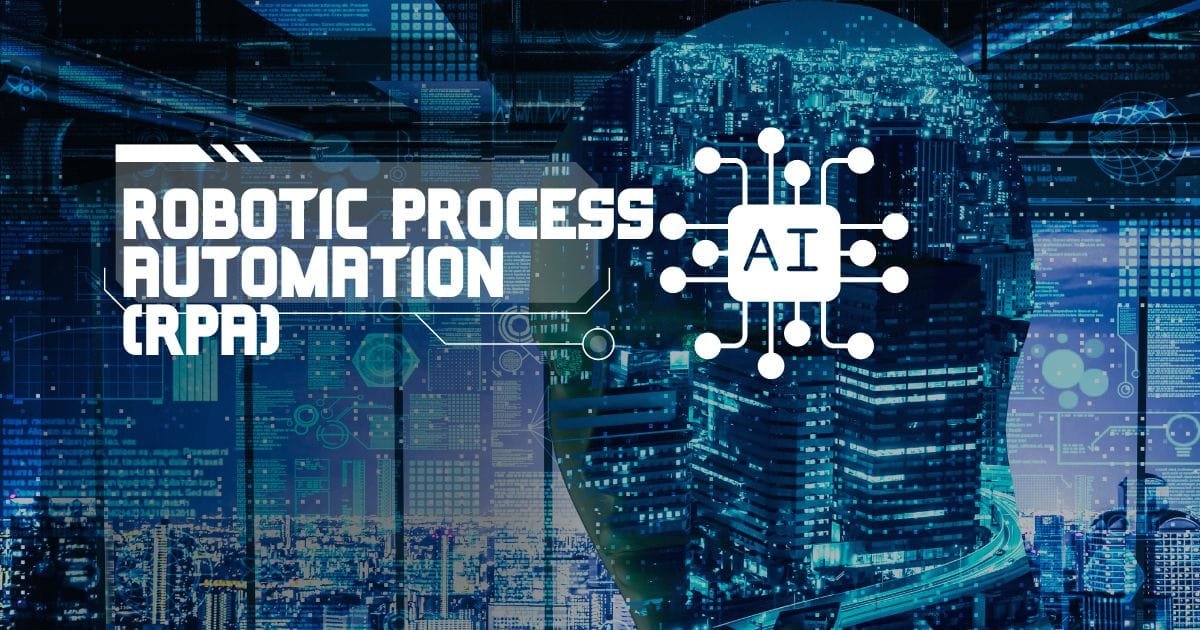

As Robotic Process Automation (RPA) continues revolutionizing business operations, managing and expanding these systems has become increasingly complex. While RPA offers significant benefits—like automating repetitive tasks, reducing human error, and improving efficiency—scaling RPA requires more than technical know-how. It involves a strategic approach focusing on ongoing support and continuous innovation to ensure long-term success.
To maintain and scale an Robotic Process Automation infrastructure effectively, businesses should work with strategic partners who provide more than essential support. These partners introduce new ideas, technologies, and strategies to help optimize the system while lowering costs. The best partners aren’t just problem solvers—they prevent issues before they arise.
For instance, advanced RPA partners use intelligent tools like AI-driven monitoring to track bots‘ performance. By identifying potential problems before they escalate, businesses can avoid costly downtime and ensure their RPA systems run smoothly. This proactive monitoring minimizes the need for manual interventions, reduces disruptions, and ensures that the RPA infrastructure remains efficient.
A forward-thinking RPA partner continuously reviews the RPA setup, seeking opportunities to improve performance, security, and cost-effectiveness. This focus on innovation helps businesses reduce the resources needed to manage the system, lowering overall production support costs.
Working with a partner emphasizing innovation can help businesses use advanced technologies like self-healing bots. These bots can automatically detect and fix common problems without human involvement, reducing downtime and support costs. This type of RPA automation ensures that the system remains reliable as it grows.
Additionally, such partners introduce best practices to make the system more efficient, which can further reduce the costs of managing the RPA infrastructure. Over time, this approach leads to higher returns on investment, as businesses can scale their RPA systems without worrying about rising support costs.
Virtual machines (VMs) are critical in RPA environments because they host the bots that perform automated tasks. However, VMs can develop performance issues over time due to memory leaks, the accumulation of temporary files, or software bugs. These issues can lead to slowdowns or crashes, which disrupt RPA operations.
To prevent these problems, businesses should incorporate automatic VM reboots into their support strategy. Regularly rebooting VMs clears out unnecessary files, refreshes memory, and resets any services that may have become unresponsive. This process is essential for businesses running RPA systems 24/7, as even minor technical problems can cause significant disruptions if not addressed promptly.
By automating VM reboots, businesses can ensure that their RPA environments run smoothly and efficiently, even as they scale operations. This proactive approach helps prevent minor technical issues from becoming significant roadblocks, allowing companies to focus on growth rather than troubleshooting.
As with any technology, keeping RPA software up to date is essential for maintaining optimal performance, security, and scalability. Regular updates introduce new features, fix bugs, and improve system efficiency. However, managing updates in a large-scale RPA environment can be challenging. Before applying, each update must be tested to ensure it doesn’t disrupt existing workflows or bots.
A reliable RPA support partner will handle this process, ensuring that updates are thoroughly tested in a staging environment before deployment. This careful approach minimizes the risk of disruptions and ensures the system continues running smoothly after each update.
By staying updated with the latest robotic process automation software, businesses can take advantage of new capabilities and remain competitive in a rapidly evolving market. Regular updates also help protect the system from security threats, which is increasingly vital as cyberattacks become more sophisticated.
Scaling an RPA system without a strong support strategy can lead to operational inefficiencies, rising costs, and decreased performance. As businesses grow, they need a comprehensive support framework that includes proactive monitoring, automated VM management, regular software updates, and ongoing system optimization.
Investing in a robust support strategy, especially with the help of an innovative partner, allows businesses to prevent minor technical issues from becoming major problems. This proactive approach ensures that the RPA system remains stable, secure, and capable of handling more tasks as it scales.
One of the key benefits of working with a skilled RPA support partner is the potential for long-term Cost savings. A good partner not only fixes problems but also optimizes and automates support processes. By leveraging tools like intelligent monitoring and self-healing bots, businesses can reduce the need for manual oversight and minimize operational disruptions.
As the RPA system scales, these cost-saving measures become even more valuable. The right partner helps businesses maximize their return on investment by keeping support costs low while maintaining high efficiency across their RPA infrastructure.
👁 Post Views =1k






Welcome to IT Business Digest, your ultimate source for the latest information technology news and updates. Stay ahead with our in-depth coverage of emerging technologies, industry trends, and expert insights.